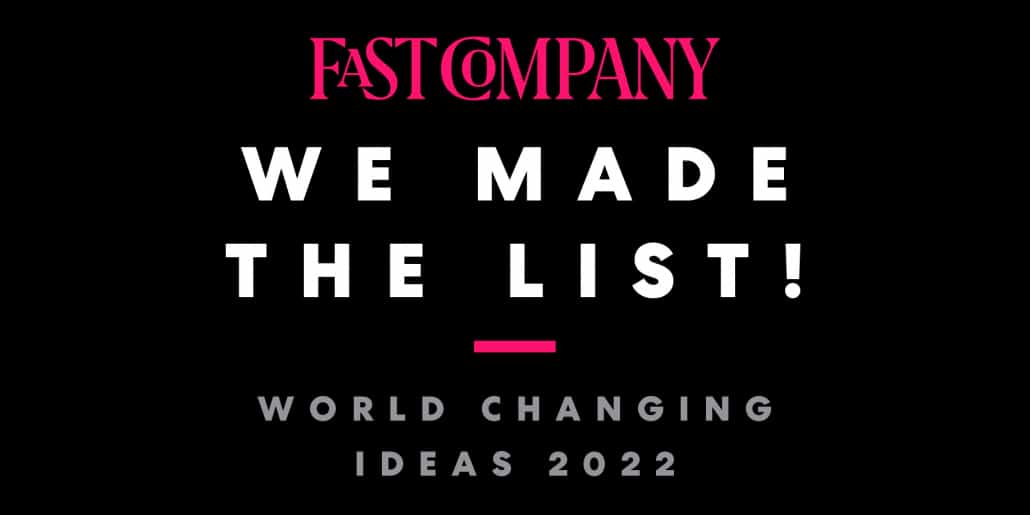RideAmigos Awarded US Department of Transportation Funding for its Blockchain-Based Commuter Incentive System
The project is one of only 12 to receive the agency’s coveted Small Business Innovation Research (SBIR) awards in 2022.
SANTA MONICA, August 2, 2022 — Commute management technology leader RideAmigos received Phase I funding by the United States Department of Transportation (USDOT) and Federal Transit Administration (FTA) for research and development of a novel incentivization system designed to optimize utilization of transit and other transportation infrastructure.
The SBIR Program, managed by USDOT’s innovation-focused Volpe Center, incentivizes small businesses to pursue innovative research and development work that has the potential for broad commercialization and adoption. According to the USDOT, the highly selective program funds projects that “address advanced innovative concepts from [small businesses] with strong capabilities in applied science or engineering.” Funding awards are made in two phases, with the possibility of a third phase leading to commercialization and special federal procurement status.
“We are honored to receive the support of the USDOT for this moonshot project that we believe has the potential to change the way the public and private sectors work together to transform commuter transportation for a sustainable future,” RideAmigos CEO Soren Eilertsen said. “It is encouraging to see the USDOT pursuing this kind of research and development in its work to advance a more equitable, accessible, and inclusive transportation system.”
The project will complement Pave Commute, RideAmigos’ personal commute app for employees that uses sophisticated algorithms to recommend the best commute option based on individual needs and preferences, match commuters doing similar things, and reward them for making sustainable choices. The design combines an intuitive user experience with proven principles of behavioral science — including findings from cutting edge studies with researchers from Duke University’s Center for Advanced Hindsight — as well as social elements, gamification, and advanced multimodal routing technology.
Among the goals of the blockchain project are the development of an innovative system for collecting mobility data and establishment of a market for public and private stakeholders to invest in managing demand for existing transportation infrastructure. This will enable players in the mobility supply chain — employers, local governments, transit agencies, and micromobility providers — to reward commuters, based on reliable data, for transportation choices that reduce congestion, emissions, and parking costs. Furthermore, insights from this data can also guide planning efforts to optimize new development and service decisions.
“With Pave Commute, we can meet every commuter where they are, and empower them to adopt new, more sustainable options. Organizations can increase the impact of the program by providing incentives, which the app distributes automatically to optimize use of available infrastructure,” said Corey Tucker, RideAmigos Director of Innovation and lead of the SBIR-funded project. “By leveraging blockchain technology to establish a secure, decentralized market, we can enable the full range of public and private stakeholders – including mobility providers and planning organizations – to participate.”
This year, other projects to receive SBIR Phase I funding from the agency focus on artificial intelligence, intelligent road systems, material safety, equity, and climate change.
The Pave Commute app is available to download in the Apple App Store and Google Play store and requires an employer subscription to sign up. Interested organizations can learn more at pavecommute.app.
About RideAmigos:
RideAmigos is a technology company on a mission to change the way the world commutes, for good. Our mobile and web-based commuter engagement solutions combine innovative technology with proven principles of behavioral science to empower everyone to make smarter transportation choices. Large employers, universities and government agencies use our products to reduce congestion, parking demand, and environmental impact while creating healthier, happier communities. We have helped our clients take tens of millions of cars off the road and reduce our collective CO2 footprint by over 280 million pounds. (http://www.rideamigos.com)

